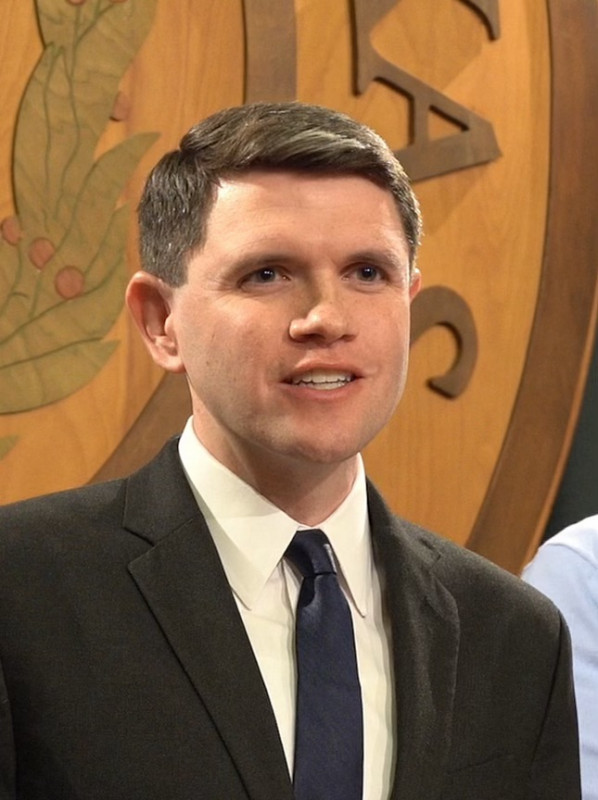Nova Scotia is a province in the Maritimes region of eastern Canada. It's the most populous province in Atlantic Canada, with over 1 million residents. Notably, it is Canada's second-most densely populated and second smallest province by area. The province includes the Nova Scotia peninsula, Cape Breton Island, and approximately 3,800 coastal islands. It shares its only land border with New Brunswick via the Isthmus of Chignecto.
1908: Erection of Dingle Tower
In 1908, the erection of Dingle Tower commemorated Nova Scotia's achievement of representative government in 1758.
December 1917: Halifax Explosion
In December 1917, the Halifax Explosion occurred, killing at least 1,782 people in what was the largest human-made explosion at the time.
May 1926: First Airing of CHNS-FM
On May 12, 1926, the province's first radio station, CHNS-FM, aired for the first time from the Carleton Hotel in Halifax.
1988: Nova Scotia Community College system established
In 1988, the Nova Scotia Community College system was established by amalgamating the province's former vocational schools.
1991: Offshore Oil and Gas
Since 1991, offshore oil and gas has become an important part of Nova Scotia's economy, although production and revenue are now declining.
1992: Trade Balance Equal
From 1992 until 2004, Nova Scotia's exports and imports were roughly equal.
1992: Collapse of Cod Stocks
In 1992, the collapse of the cod stocks and the closure of the fishery sector resulted in a loss of approximately 20,000 jobs in Nova Scotia.
April 1996: Amalgamation of Halifax
On 1 April 1996, Halifax and Region of Queens Municipality amalgamated into their present regional municipality form of government.
1998: Municipal Government Act
The Municipal Government Act (MGA) of 1998 gives municipal councils the power to make bylaws.
April 1999: Municipal Government Act
On 1 April 1999, the Municipal Government Act (MGA) came into force, continuing towns, county municipalities, and district municipalities as municipalities under the MGA.
2000: Mi'kmaq People Marginalization
Around 2000, Nova Scotia's Mi'kmaq People were pushed to the margins due to Loyalist land grants encroaching on their lands.
June 2002: Library and Archives Canada acquires Halifax Gazette
On June 2002, Library and Archives Canada acquired a single copy of the first issue of the Halifax Gazette, the first newspaper printed in Nova Scotia and Canada, from the Massachusetts Historical Society in Boston.
April 2004: Invitation to Turks and Caicos Islands
In April 2004, the Nova Scotia legislature adopted a resolution inviting the government of the Turks and Caicos Islands to explore joining Canada as part of Nova Scotia.
2004: Trade Balance Equal
From 1992 until 2004, Nova Scotia's exports and imports were roughly equal.
2006: Manufacturing Sector Output
In 2006, the manufacturing sector brought in over $2.6 billion in chained GDP, the largest output of any industrial sector in Nova Scotia.
2011: Religious Denominations in Nova Scotia
According to the 2011 census, the largest religious group in Nova Scotia was Christians with 78.2%, while 21.18% were non-religious and 1% were Muslims.
2012: Exports vs Imports
In 2012, exports from Nova Scotia were 12.1% of provincial GDP, while imports were 22.6%.
2013: Halifax Mooseheads win Memorial Cup
In 2013, the Halifax Mooseheads were the Canadian Hockey League Memorial Cup Champions.
2015: The Chronicle Herald circulation numbers in 2015
In 2015, The Chronicle Herald had a circulation of 91,152 weekday customers, increasing to 93,178 on Saturdays.
2015: Tax Credits Eliminated
In 2015, the government of Nova Scotia eliminated tax credits to film production in the province, jeopardizing the industry.
2016: Largest Ethnic Groups
According to the 2016 Canadian census, the largest ethnic group in Nova Scotia is Scottish (30.0%), followed by English (28.9%), Irish (21.6%), French (16.5%), German (10.7%), First Nations (5.4%), Dutch (3.5%), Métis (2.9%), and Acadian (2.6%).
2016: Nova Scotia Per Capita GDP
In 2016, Nova Scotia's per capita GDP was CA$44,924, significantly lower than the national average.
2016: Halifax Hurricanes win league championship
In 2016, the Halifax Hurricanes of the National Basketball League of Canada were league champions.
2017: Median Family Income
In 2017, the median family income in Nova Scotia was $85,970, below the national average of $92,990.
2018: Gaelic Vehicle Licence Plate
In 2018, the Nova Scotia government launched a new Gaelic vehicle licence plate to raise awareness of the language and help fund Gaelic language and culture initiatives.
2019: Professional soccer comes to Nova Scotia
In 2019, professional soccer came to Nova Scotia in the form of Canadian Premier League club HFX Wanderers FC.
August 2020: Grand Étang Overnight Low
On 12 August 2020, the community of Grand Étang recorded an overnight low of 23.3 °C (73.9 °F).
2021: 89.9 The Wave Listener Numbers in 2021
As of 2021, radio station 89.9 The Wave attracts a weekly average of 64,236 listeners between the ages of 25 and 54.
2021: Most Spoken Languages in Nova Scotia
As of the 2021 Canadian Census, the ten most spoken languages in the province included English, French, Arabic, Hindi, Spanish, Mandarin, Punjabi, German, Mi'kmaq, and Tagalog.
2021: Lobster Landings in Canada
In 2021, Nova Scotia supplied nearly 46% of total Canadian lobster landings.
2021: Student enrolment numbers in Nova Scotia post-secondary institutions during the 2021/2022 academic year
In 2021, approximately 58,000 students were enrolled in a Nova Scotian post-secondary institution during the 2021/2022 academic year.
2021: Premier of Nova Scotia
Since 2021, Tim Houston has been the Premier of Nova Scotia, heading the government.
September 2022: King Charles III Sovereign
Since 8 September 2022, King Charles III is King in Right of Nova Scotia who also serves as head of state of 14 other Commonwealth countries.
2022: Leader of His Majesty's Loyal Opposition
From 2022–24, Zach Churchill became the Leader of His Majesty's Loyal Opposition, part of an adversarial parliamentary system.
2022: Student enrolment numbers in Nova Scotia post-secondary institutions during the 2021/2022 academic year
In 2022, approximately 58,000 students were enrolled in a Nova Scotian post-secondary institution during the 2021/2022 academic year.
2022: Mi'kmaq Recognized as First Language
In 2022, the Government of Nova Scotia introduced legislation recognizing Mi'kmaq as the province's first language, committing to its protection and promotion.
July 2024: Investment in Telecommunication Towers
In July 2024, the provincial government committed CAD$18.6 million to build 27 new telecommunication towers to upgrade cellular service province-wide.
Mentioned in this timeline

Basketball is a team sport played on a rectangular court...

Britney Spears an American singer dubbed the Princess of Pop...

Abel Makkonen Tesfaye known as The Weeknd is a Canadian...

Katy Perry Katheryn Elizabeth Hudson is a highly successful American...

Johnny Cash the Man in Black was a highly influential...

Music is a cultural universal involving the arrangement of sound...
Trending
32 minutes ago Canada vs New Zealand T20 World Cup 2026: Thrill, Live Scores, and Game Updates.

32 minutes ago Shia LaBeouf Spotted at New Orleans' Mardi Gras Bar Crawl, Draws Mixed Reactions.

33 minutes ago Jennifer Garner Promotes 'The Last Thing He Told Me' in Stunning Black Dress.

33 minutes ago Rose Byrne Wins Spirit Award and Stuns in Bold Dress at Film Awards.

33 minutes ago Netanyahu pushes for dismantling Iran's nuclear program amid US-Israel strategy differences.

33 minutes ago Crockett and Talarico clash in Texas Senate race amid unity concerns.
Popular
Randall Adam Fine is an American politician a Republican who...

Pam Bondi is an American attorney lobbyist and politician currently...

Kid Rock born Robert James Ritchie is an American musician...

Barack Obama the th U S President - was the...
The Winter Olympic Games a major international multi-sport event held...

XXXTentacion born Jahseh Dwayne Ricardo Onfroy was a controversial yet...